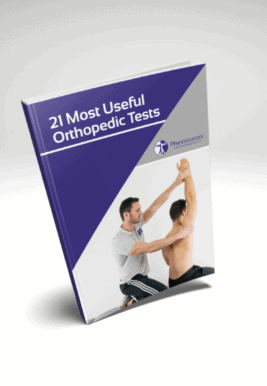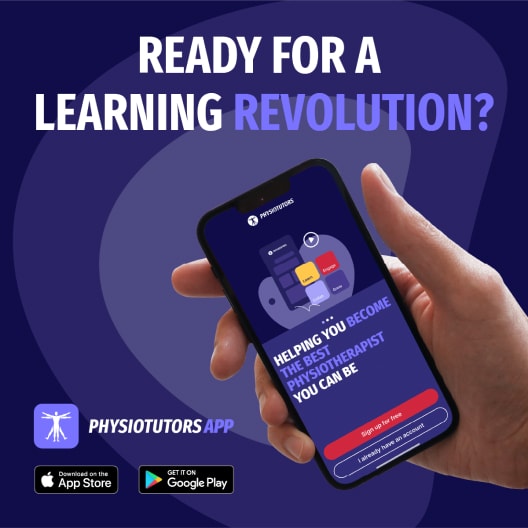Learn
Sharp Purser Test | Transverse Ligament Assessment
Upper cervical spine instability has a prevalence rate of 0.6% according to Beck et al. (2004) and is associated with inflammatory conditions such as rheumatoid arthritis, ankylosing spondylitis, as well as trauma and congenital deviations such as Down’s syndrome or Marfan’s disease. In order to safely apply manual therapy techniques to the cervical area, it is necessary to screen for possible upper cervical instability.
In their systematic review, Hutting et al. (2013) found low reliability with Kappa values ranging from 0.06 to 0.67, a low sensitivity ranging from 0.19-0.69, and a moderate to high specificity ranging from 0.71 to 0.98. For this reason, the Sharp Purser Test has a weak clinical value as a pre-manipulative screening test for upper cervical instability.
The Sharp Purser Test is designed to test the transverse ligament of the atlas that ensures that the dens of the axis stays in touch with the anterior arch of the atlas.
To perform this test, have your patient in sitting position with their neck relaxed and in a semi-flexed position, which might already produce symptoms of spinal cord compression in some patients. The examiner then puts his index finger of one hand on the spinous process of C2 and places the other hand on the patient’s forehead. Then press backward with your hand on the forehead and look for a sliding motion of the head posteriorly in relation to the axis.
This test is positive if signs of excessive motion, sliding or clunking are felt or heard. In case your patient was experiencing symptoms of spinal cord compression in the flexed position, the posterior translation of the occiput and atlas will decrease those symptoms and indicate a positive test as well.
In the forward flexed position voluntarily assumed by the patient, forward sliding of the atlas results in a decrease in the space available for the spinal cord and an increase in the atlantodens interval.
By the posterior translation of the occiput and the atlas, the anterior subluxation is reduced and the space available for the cord is increased.
21 OF THE MOST USEFUL ORTHOPAEDIC TESTS IN CLINICAL PRACTICE

Other orthopedic tests to assess upper cervical instability are:
- Transverse Ligament Test / Anterior Shear Test
- Upper Cervical Flexion Test
- Alar Ligament Stress Test
- Lateral Shear Test / Lateral Displacement Test
References
Like what you’re learning?
BUY THE FULL PHYSIOTUTORS ASSESSMENT BOOK
- 600+ Pages e-Book
- Interactive Content (Direct Video Demonstration, PubMed articles)
- Statistical Values for all Special Tests from the latest research
- Available in 🇬🇧 🇩🇪 🇫🇷 🇪🇸 🇮🇹 🇵🇹 🇹🇷
- And much more!








